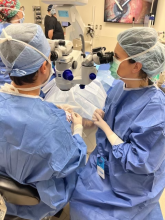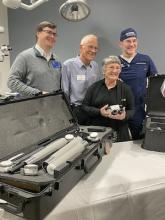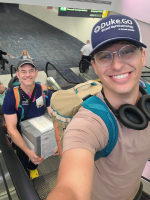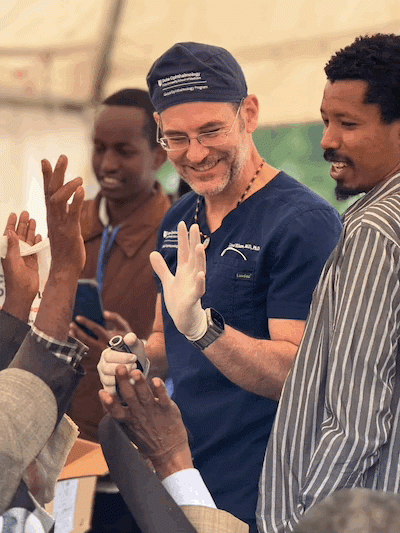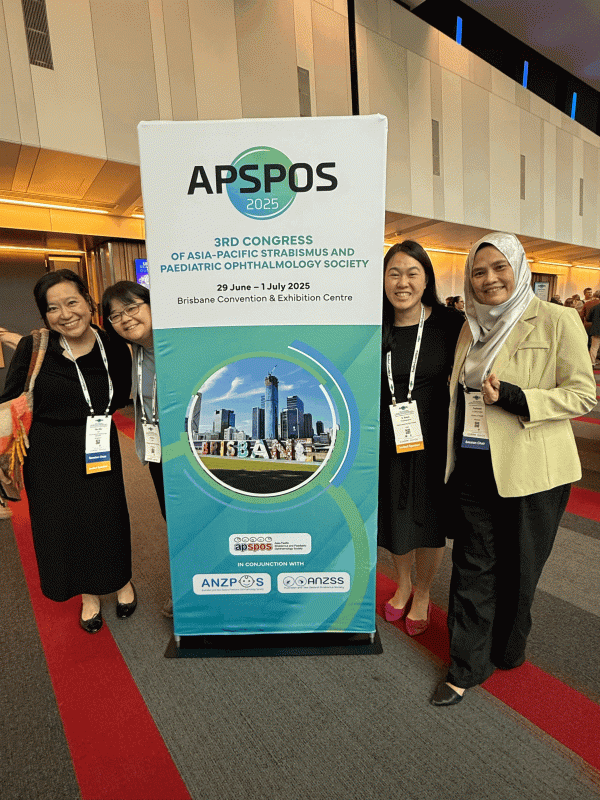Duke Global Ophthalmology enables broad global efforts to reduce avoidable blindness and human suffering.
At least 2.2 billion people worldwide have vision impairment or blindness. With access to modern eye care, vision loss could be treated or prevented in at least 1 billion of those people, according to the World Health Organization (WHO). The world faces considerable challenges in preventing blindness, including a shortage of eye care providers and systems that offer care, quality of prevention, treatment, and vision rehabilitation services.
Led by Lloyd Williams, MD, PhD The Duke Global Ophthalmology Program offers urgently needed eye care to people throughout the world. Teams spend days or weeks in-country, providing screenings, medical and surgical care, and follow-up. Collaborations with partners during these missions often lead to global research opportunities and the ability to improve future patient care.
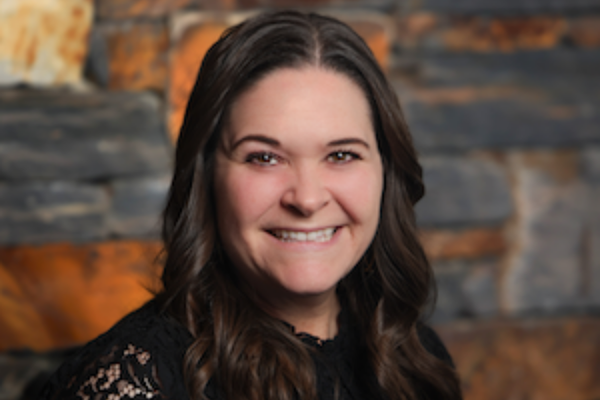
Contact Duke GO
Mary Harris, COA
Duke Global Ophthalmology Program Coordinator
919-668-5963

